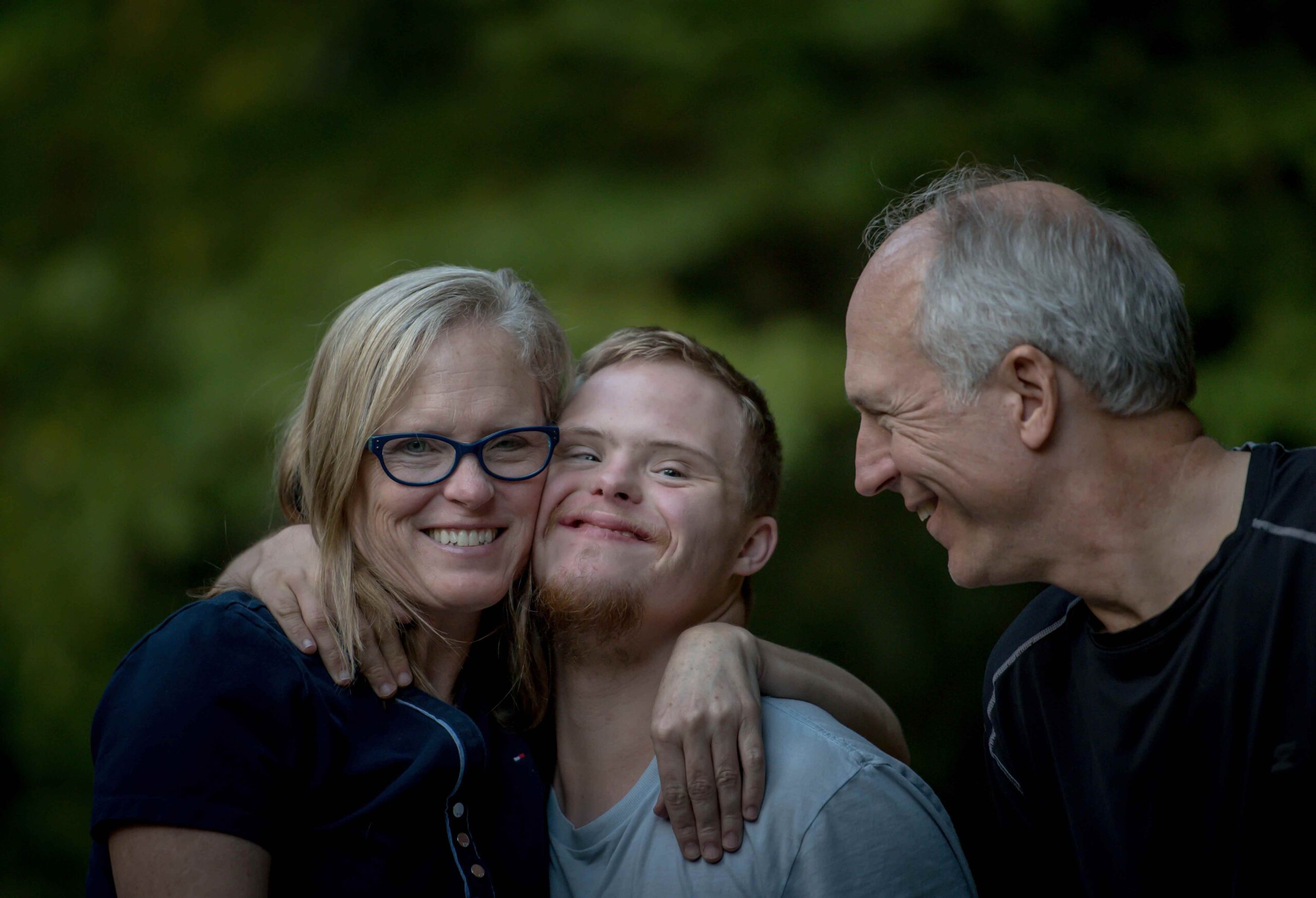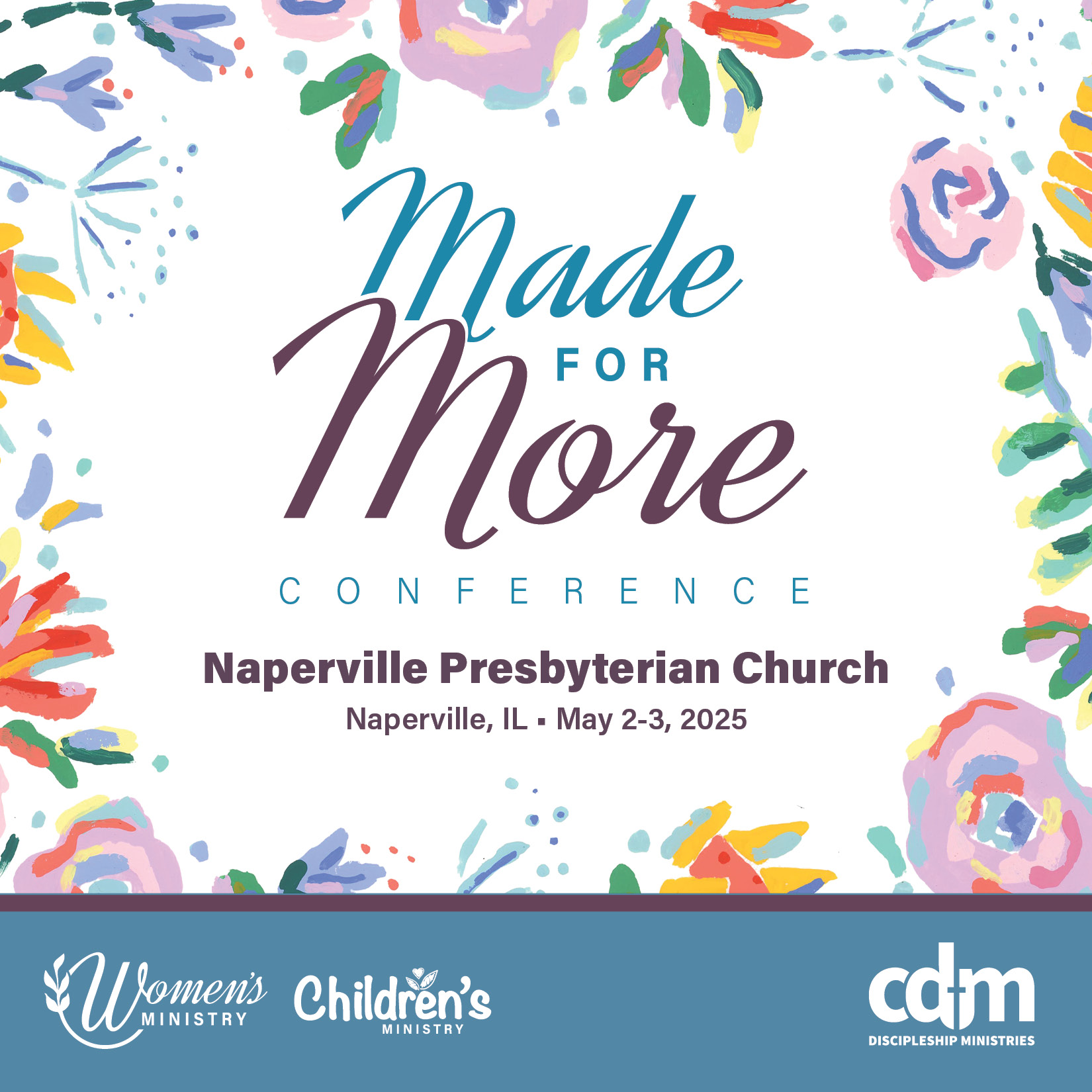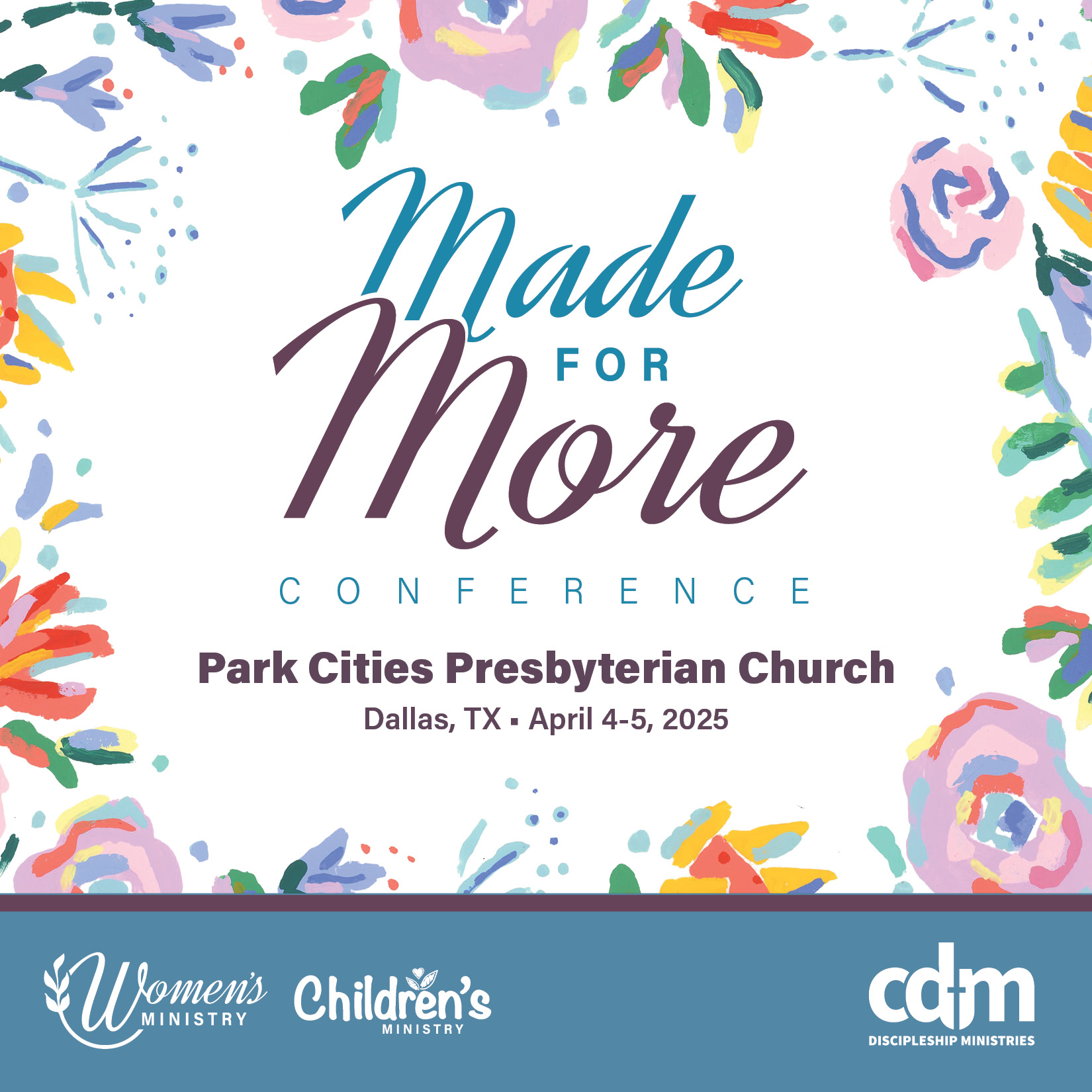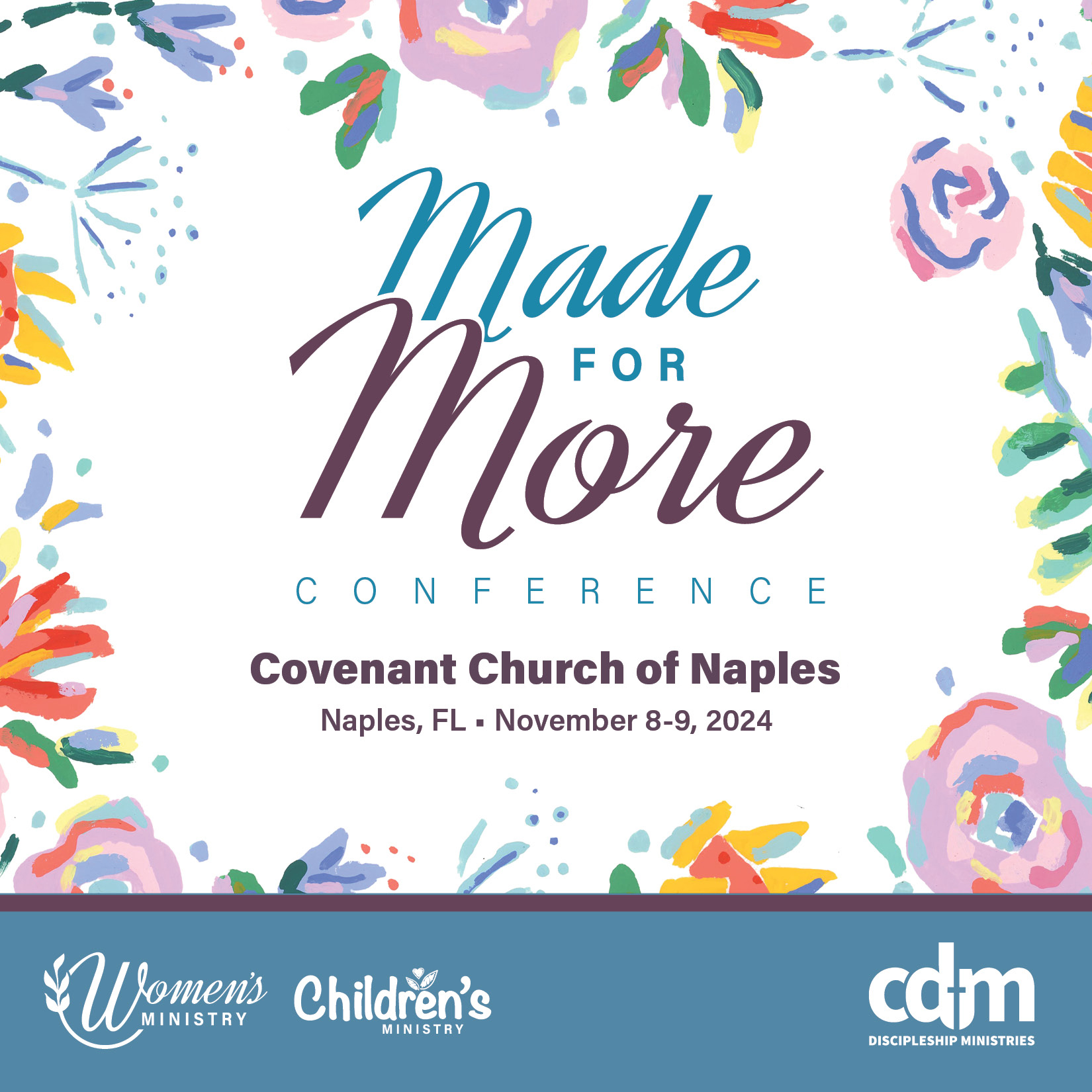The Resurrection of Christ: The Hope of Glory and Hope for the Body
ELIZABETH TURNAGE | CONTRIBUTOR A 2017 study revealed that 25 percent of British people who identify as Christians do not believe in the resurrection of Jesus.[i] And yet, as pastor and theologian Stephen Um explains, even atheist scholars find weighty evidence for the resurrection. Um quotes atheist philosopher Anthony Flew: “The evidence for the resurrection is better than for claimed miracles in any other religion.”[ii] The resurrection is central to the gospel: if the resurrection didn’t happen, Paul tells the doubting Corinthians, our hope in Christ is pitiable (1 Cor. 15:19). On the first Good Friday long ago, Jesus spent his last breath. To confirm his death, a Roman soldier pierced his side with a spear. Joseph of Arimathea, with the permission of Pilate, took Christ’s body from the cross, wrapped it in a linen shroud, and buried it in his tomb (Mark 15:42–46). Christ’s followers were downcast and depressed the next day—the One they had thought would save them had died. How could it be? The disciples had never fully understood what Christ meant when he said, “The Son of Man is about to be delivered into the hands of men, and they will kill him, and he will be raised on the third day” (Matt. 17:22–23). And then he appeared in a new body, a resurrected body. Many saw him: the women who went to the tomb to finish preparing the body for burial (Mark 16:1). Mary Magdalene, who mistook Jesus for the gardener (John 20:15). Thomas, who at Jesus’s command, touched Jesus’s nail-scarred hands (John 20:24–27). the disciples, who trembled together in a locked room when Jesus suddenly stood among them, greeting them, “Peace be with you” (John 20:19)...









